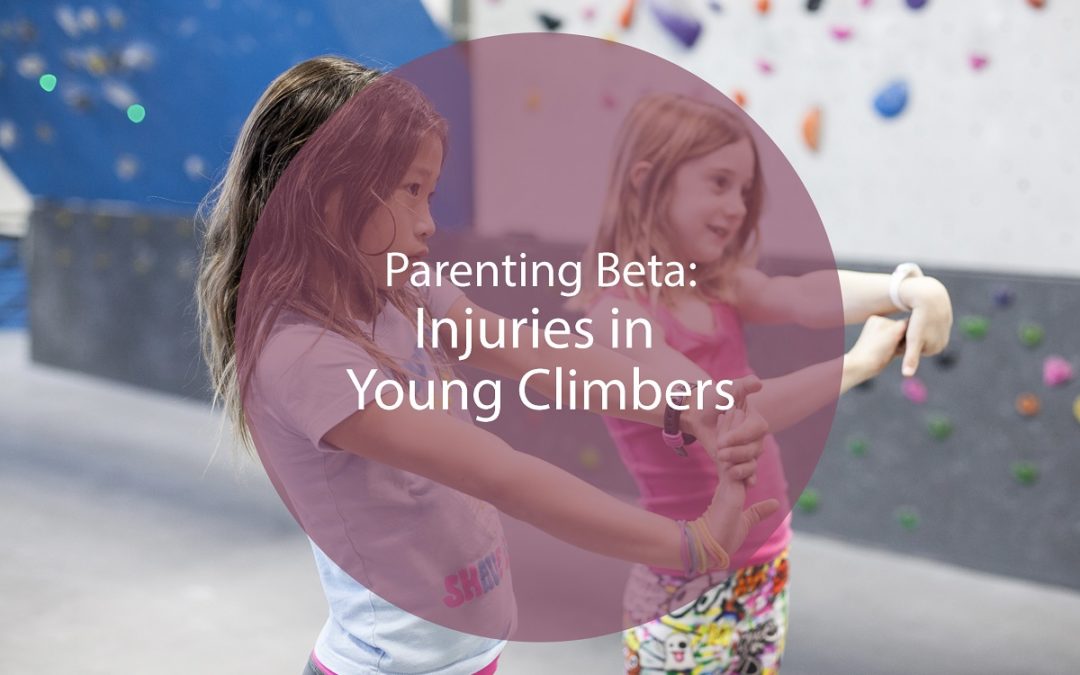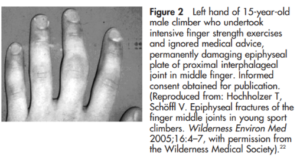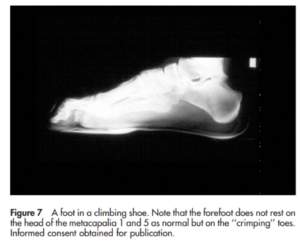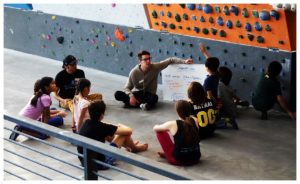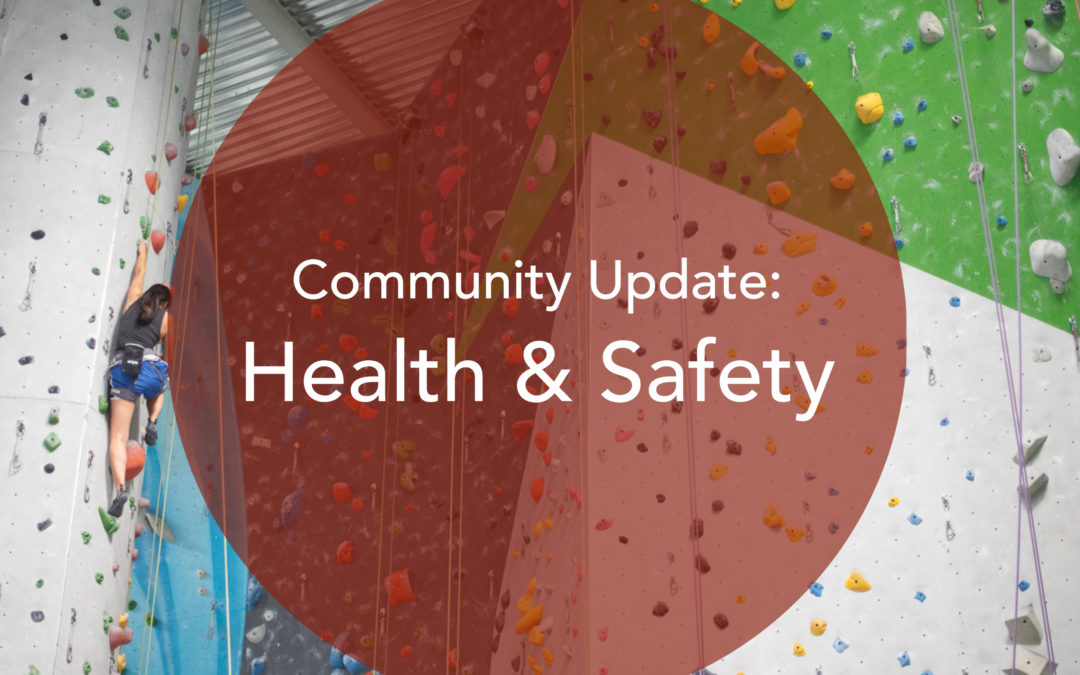
Community Update: Health & Safety
the contentA new announcement has been released about the temporary closure of all Sender One facilities. Read more HERE.
Please note that this is an older version of updates and some things may have changed. Use this as a resource, but please read our most recent update HERE.
The latest section of this announcement was added on 3/14/20.
3/10/20
With the recent outbreak of COVID-19, we want to remind you that the health and safety of our community is of utmost importance. We do not believe there is a need to disrupt your climbing routine, planned yoga class, or reserved Sender City session at this time. However, we'd like to offer precautions and recommendations to our community regarding health practices during this flu season. Preventative actions are also in place at all Sender One locations to ensure our customers will continue to receive the optimal climbing experience.
As climbers, managing risk is a normal part of our sport. The new coronavirus is forcing us to manage a different type of risk. Here are some precautionary tips and reminders that will help prevent the spread of germs and illnesses.
Stay Healthy. Keep Climbing.
Here are some friendly reminders so you can avoid the spread of germs and continue climbing.
• Cover your nose and mouth when coughing and/or sneezing with the inside of your upper arm or a tissue.
• Dispose of used tissues properly after use.
• Regularly wash your hands with soap and water.
• If you have flu-like symptoms, seek medical attention immediately and stay home from work, school, the climbing gym, and other crowded places.
• Clean and disinfect frequently touched objects and surfaces before and after use.
• Avoid hugging, kissing, shaking hands, and fist bumping when greeting. Instead, use jazz hands to say hello!
• Avoid touching all areas of your face with unwashed hands.
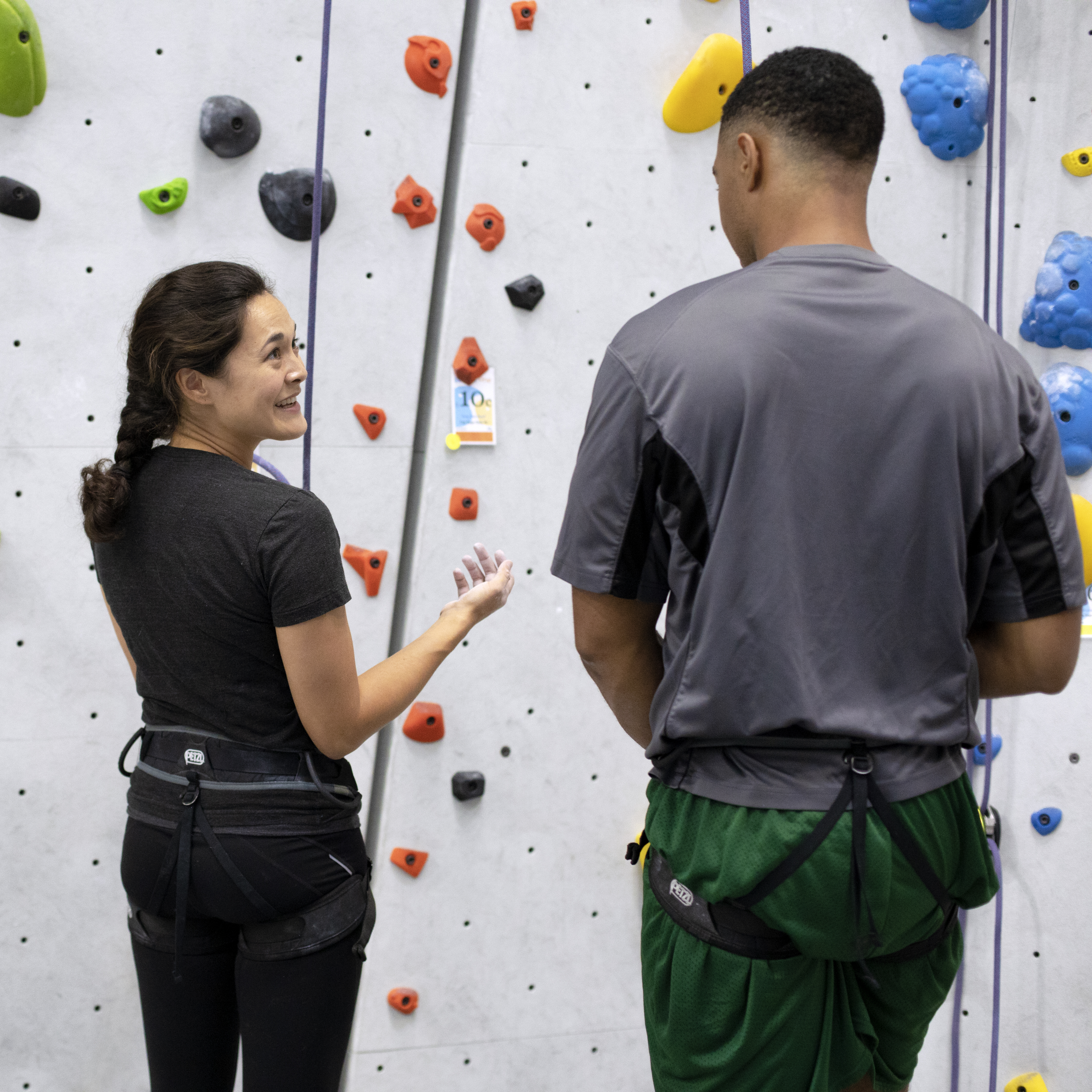
Remember, it's important to properly wash your hands
BEFORE: Climbing, Sender City, Working Out, Taking a Yoga Class, Eating, Preparing Food, Treating a Wound
AFTER: Climbing, Sender City, Working Out, Taking a Yoga Class, Eating, Preparing Food, Treating a Wound, Using the Restroom, Sneezing, Coughing, Blowing Your Nose, Petting a Cute Animal, Taking Out Garbage
Your health means a lot to us! So much that Sender One will continue to provide sanitary wipes, hand sanitizer, and hand soap for our guests. We've also ensured that our staff will continue to regularly wipe down non-climbing surfaces and areas with cleaning spray. Additionally, we've notified all staff to stay at home if they are not feeling well and/or have flu-like symptoms.
Stay classy and stay healthy, Sender One Community.
UPDATE 3/12/20:
In light of recent announcements by the California Department of Public Health and California Governor, Gavin Newsom, Sender One has the following updates to our programming and offerings.
- The USAC Youth Sport Local that was scheduled for Saturday, April 4th at SNA is canceled.
- Sender One’s Bouldering League at LAX, scheduled to start April 8th, is postponed until further notice.
- All community events involving large gatherings at both SNA and LAX are cancelled until further notice.
- All community events involving food will be cancelled until further notice. This includes Pi Day and our Member Appreciation Night at Sender One LAX, which will be rescheduled.
- We are reducing staffing and staff positions in response to a reduction in large group offerings.
Additionally, effective immediately, we are making the following community recommendations:
- During busy weekday evenings and weekends, please limit your gym visits to a maximum of three (3) hours.
- For Sender City sessions, although we sanitize our helmets regularly, if you feel more comfortable using your own helmet, you are encouraged to.
- For climbing camps, you are encouraged to provide campers with their own snacks as we are reducing group meal times.
To reiterate, Sender One is continuing to take all reasonable precautions recommended by health and government authorities to curtail the spread of the coronavirus while safeguarding. Read our full letter here.
UPDATE 3/14/20:
Sender One locations will continue to hold a number of yoga classes until further notice. Sanitization and cleaning of the yoga studios will continue to be a top priority. Additional changes to our programming is to follow.
- Acro Yoga Classes and Acro Jam Sessions will be canceled at SNA and LAX until further notice.
- Class sizes will be capped at half-capacity at SNA only.
- Yoga blankets will be temporarily removed from all yoga studios.
Beyond these changes, here's what you can do to help keep our yoga community healthy.
- Please try to bring your own yoga mats to class. We will continue to offer sanitary wipes for all yoga mats.
- If you use a yoga mat provided by the gym, please thoroughly wipe it down with a sanitary wipe after use.
- We will continue to provide yoga blocks to use, but please use a towel to cover the blocks while in use if possible.
For more updated information and resources about our global health situation visit these websites: City of Los Angeles, Department of Public Health, the Centers for Disease Control, and the World Health Organization.

